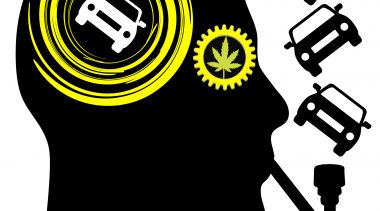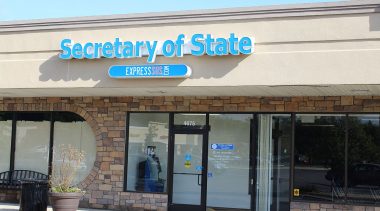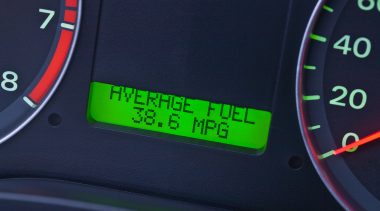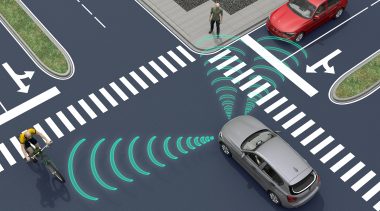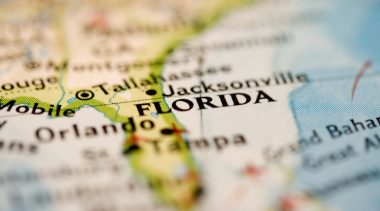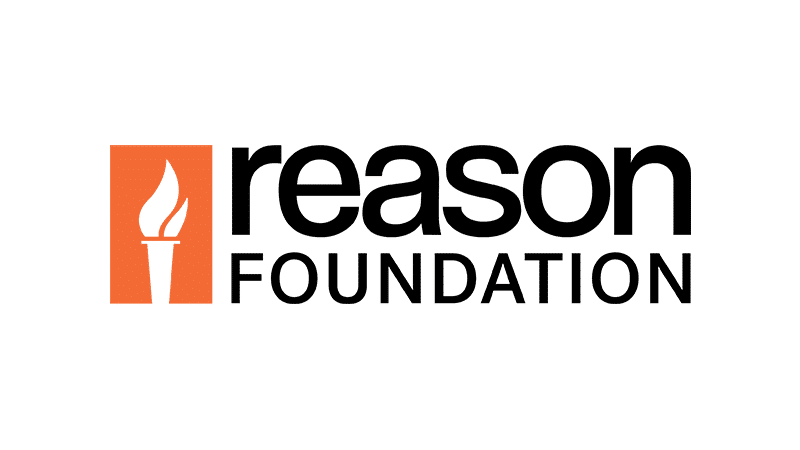-
The Gateway Effect of Marijuana
Given the weak evidence for a causal relationship between youth marijuana use and subsequent use of other drugs, policymakers should not be overly concerned about the brain chemistry gateway effect.
-
Do Capitalization Requirements Make Sense For The Cannabis Industry?
Small business owners without lots of capital deserve the opportunity to enter the industry without burdensome requirements that do not fulfill their intended purpose.
-
Addressing the Problem of Marijuana-Impaired Driving
Drug recognition expert officers are in the best position to decide whether or not the driver is actively impaired by THC.
-
Frequently Asked Questions: Highway P3s
Public-private partnerships are a policy tool that can help governments with the design, construction, financing, operation, and maintenance of highways.
-
The Transportation Advantages Of Dispersed City Structures Compared To Central Business District-Focused City Structures
The reasons for the evolution from central business district-focused, hub-and-spoke city structures to dispersed grid pattern structures.
-
The Economic Problems Caused By Constraining Urban Growth
Urban growth boundaries effectively exert an extremely regressive tax upon cities, imposing far greater everyday costs on young or low-income residents, and first-time home buyers.
-
The Changing Workplace And The New Self-Employed Economy
The gig, or sharing, economy was spurred by market demand and technological evolution, so free market solutions are uniquely positioned to address its challenges.
-
Evaluating Solutions for Austin’s Billion Dollar Pension Crisis
COAERS’s fiscal deterioration is evident, and the causes are many, such as subpar investment returns, failing to properly anticipate how long workers would stay in the system, and mortality assumptions.
-
Driver’s License Suspension Reform: The Right Road For Michigan
Michigan should narrow the type of offenses that can result in a driver’s license suspension to traffic safety crimes and end its draconian fines and fees.
-
Voluntary Energy Standards: ISO 50001 and the Superior Energy Standard
The extremely small number of certified sites is evidence that either the standards are not suitable for the vast majority of U.S. companies, or that the way they have been promoted is unsuitable.
-
The Effect Of Corporate Average Fuel Economy Standards On Consumers
CAFE standards distort manufacturers’ incentives, forcing them to produce new vehicles with lower gas consumption than would be preferred by consumers.
-
The New Workforce And How Transportation Planning And Policy Can Prepare For Them
Ten defining trends that should inform transportation policy and provide key approaches to transportation strategies.
-
Autonomous Vehicles: A Guide For Policymakers
Policymakers should focus on the intermediate effects, including a world in which autonomous and nonautonomous vehicles share roadways.
-
Follow The Jobs: Assessing Florida’s Business Incentives Programs
The incentives programs, despite spending billions of taxpayer dollars, have not produced any meaningful or measurable positive economic outcomes for Floridians.
-
Can Interstate Tolling Be Politically Feasible?
States can use toll revenue to modernize and update Interstate highways if the program puts the interest of highway users—motorists and truckers—first.
-
Climate Change, Catastrophe, Regulation and the Social Cost of Carbon
Existing federal regulations predicated on a positive SCC should be re-evaluated, with the appropriate comparator being regulations that specifically address any co-benefits identified.
-
Unfinished Business: Despite Dodd-Frank, Credit Rating Agencies Remain the Financial System’s Weakest Link
The lenient ratings attracted excessive mortgage finance capital that exacerbated a home price bubble—and a wider asset price bubble.
-
Wyoming Ranks 8th Overall in Highway Performance and Cost-Effectiveness
Wyoming’s best rankings are urbanized area congestion (1st), rural arterial lane-width (tied for 1st), total disbursements per mile (9th) and maintenance disbursements per mile (9th).


